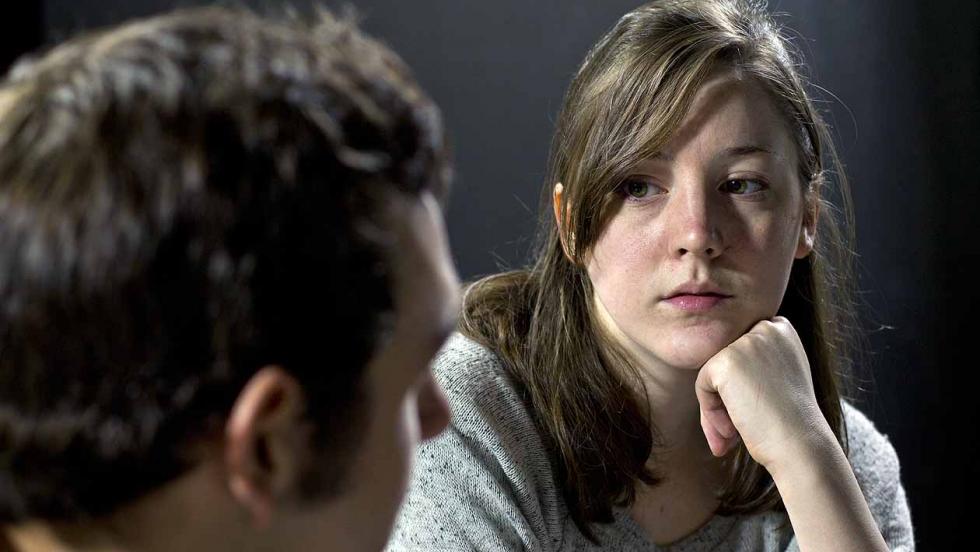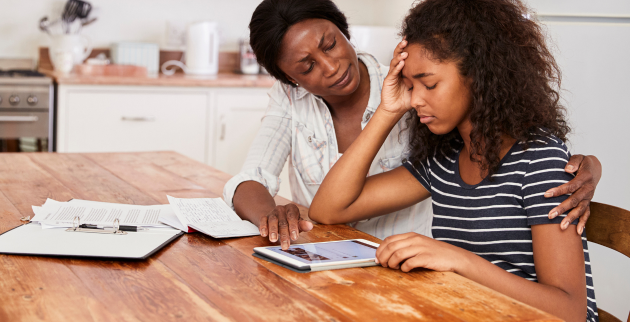Avoiding Exclusion

Most people only break rules occasionally, and some never break rules at all.
Pupils who break rules persistently (again and again) disrupt learning and may need to be excluded.
Crucial: If there are problems at home, there is support available, no matter what the problem is. Start by talking to any teacher or your school health nurse.
What happens if you get excluded?
Students who are excluded are given work to do at home and support to improve their behaviour.
Help to avoid being excluded
If you are worried about your behaviour, support is available.
It is safer for children to stay in learning, so you will be given support to gain qualifications and avoid getting into trouble.
If your school feels you are at risk of being excluded, you will be warned, and given support to change and improve.
Crucial: Schools only exclude pupils as a last resort. Find out all about exclusions on the Oxfordshire County Council Website.
If you are excluded
If you are excluded, support makes sure you keep learning. Your school will set work to make sure you do not fall behind. You will always be excluded for as short a time as possible.
If you are permanently excluded, then Oxfordshire offers alternative ways to learn.
Crucial: Your parents can also ask for your exclusion to be reviewed. Find out how.
What about changing schools?
Young people and their parents may wonder if moving to another school will improve difficulties. But studies show that changing schools may not help.
Young people who move schools are at risk of doing worse in their learning and exams. The more moves, the higher the risk.
Young people who choose to stay and solve any problems at the same school usually do better.
Instant expert: Find out about starting or changing schools in Oxfordshire.
Being excluded post-16
Young people over 16 are no longer of compulsory school age. But you will still need to stay in learning or an apprenticeship until you are 18.
If you are permanently excluded, you will be given information about other learning options. You should register for support with the local authority. You can also ask for support from your local Job Centre+.
Young people who are NEET (not in employment, education or training) can get support to reconnect with learning or address problems and barriers, like being a young parent, a young carer, or having difficulties with drug or alcohol use (yours or someone else's).
Encouraged to drop out of learning?
All children have the right to stay in education until age 18.
Crucial: If someone is encouraging, persuading or forcing you to leave education early or truant then this is abuse. Find out more about Domestic Abuse, Child Exploitation and Criminal Exploitation.


